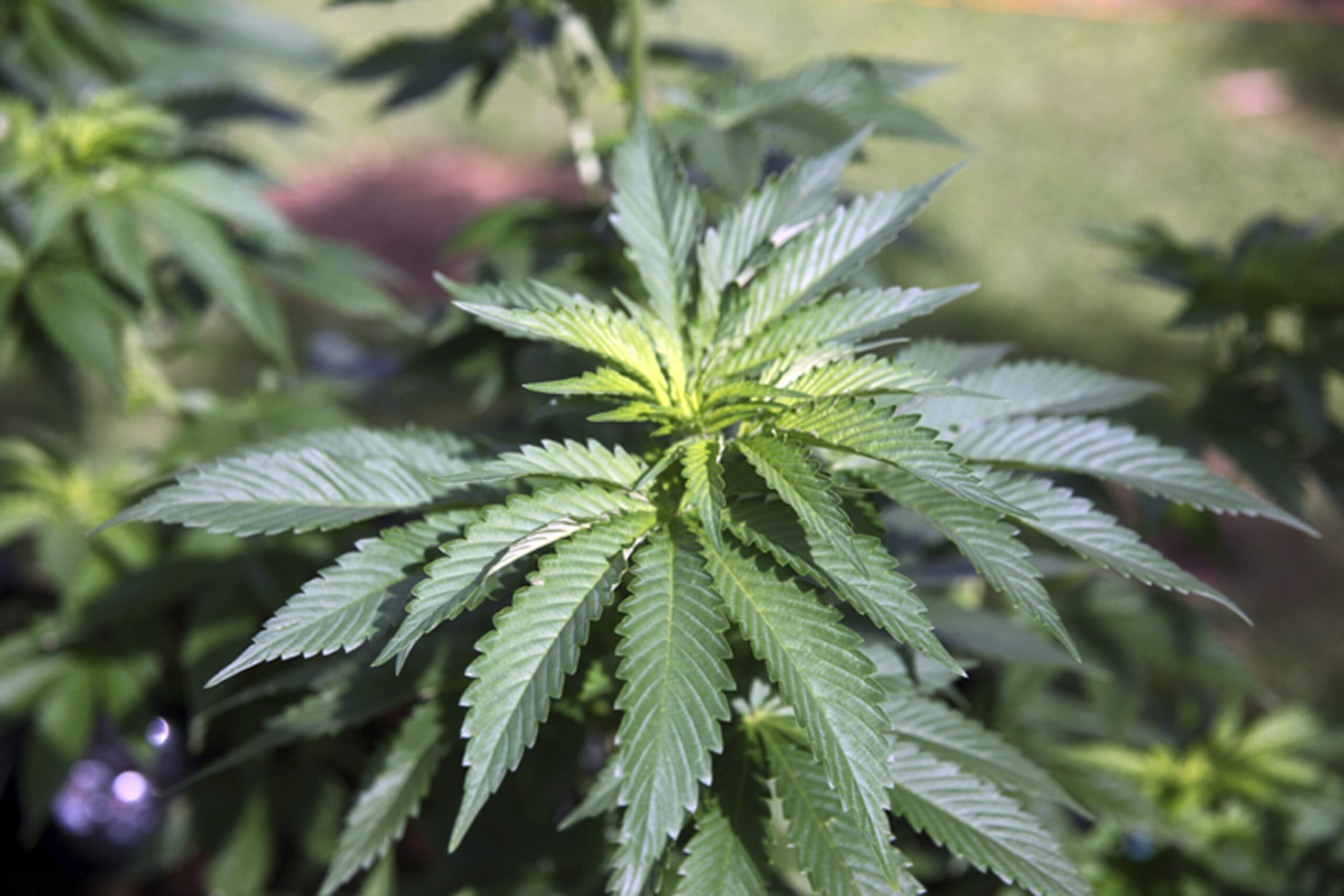
Just two days after marijuana enthusiasts celebrated their favorite vice on 4/20, the Maine Office of Marijuana Policy posted draft rules for the state’s coming regulated cannabis market.
The 74-page draft rules include sections on licensing, general compliance, general tracking requirements, advertising, product safety, waste management, packaging and labeling, enforcement and fees. The public can give feedback via the office’s website.
Cultivation facility fees vary based on the type of facility. Application fees run from $100 to $500 for facilities with mature plants.
[Subscribe to the BDN Business newsletter]
The annual license fee for a Tier 1 facility is charged either by plant count or a flat, canopy fee. No more than 30 mature plants can be grown, but an unlimited number of non-mature and seed plants can be grown. The canopy cannot exceed 500 square feet.
An outdoor Tier 1 facility would cost $9 per plant or $250 for a canopy. A Tier 1 indoor or indoor-outdoor facility would cost $17 for a mature plant or $500 for a canopy.
The highest fee is for Tier 4 cultivation facilities that have not more than 20,000 square feet of plant canopy of mature plants. Outdoor facilities would pay $15,000, while indoor or indoor-outdoor facilities would pay $30,000.
The application for nurseries is $60, while an outdoor license is $350 annually and the fee for indoor or indoor-outdoor facilities is $350 annually.
The application fee for stores, testing facilities or product manufacturing facilities is $250 each.
The license for a store is $2,500, while it is $1,000 for a testing facility and $2,500 for a product manufacturing facility.
[How the new medical marijuana law will change things in Maine]
All renewal applications and license fees are due annually.
Individuals involved in just about any aspect of the regulated cannabis market will need a valid state-issued ID.
That includes any person who possesses, cultivates, processes, manufactures, tests, dispenses, transfers, serves, handles, transports or delivers marijuana or marijuana products. Also, any person who has the authority to access or input data into the inventory tracking system or a marijuana establishment point of sale system.
[Damariscotta moves closer to allowing marijuana businesses]
ID cards for individuals will cost $50 for the original card plus the cost of fingerprinting and a criminal history check. Another $50 will be charged annually. Replacement of lost or stolen cards will cost $50.
The Office of Marijuana Policy, created in February of this year, is part of the Maine Department of Administrative and Financial Services.
The department is seeking a request for proposals for a tracking system from seed-to-sale. It had entered into a three-year contract with Franwell Inc. on Feb.19 for the oversight system, but canceled it only two weeks later, seeking a broader request for proposals.
[How to grow a marijuana business when the regulations are up in the air]
Maine’s adult-use marijuana industry is expected to be much larger than the current medical marijuana program, which consists of eight dispensaries and approximately 2,500 caregivers.
Last Friday, the Office of Marijuana Policy said it has partnered with BOTEC Analysis of California to provide an additional layer of rule review for the regulated marijuana market.
On Jan. 23 the department pulled out of an earlier, conditional deal with BOTEC to draft rules for adult-use marijuana.
The rulemaking process is required by the Marijuana Legalization Act.
That BOTEC award was withdrawn by the state after an appeal by Freedman & Koski, a Colorado analytics company, raised questions about the review and scoring process for the contract, the office said. Freedman & Koski subsequently won a $189,000 conditional contract.
However, BOTEC appealed that award during a second competitive procurement for consulting services.
On March 22, the state executed a contract with Freedman & Koski to start the rulemaking work, which has been underway throughout the past month.
Earlier this month, BOTEC and the state reached an agreement under which BOTEC will help in Maine’s rulemaking activity. BOTEC will be paid $10,000 for its services, Office of Marijuana Policy spokesman David Heidrich said.
“BOTEC is well known for its expertise in designing policies that shrink the illicit market and avoid unintended public-health consequences,” Erik Gundersen, the director of Maine’s marijuana policy office, said in a statement.
Work on rule development will continue in April. State marijuana policy administrators plan to deliver the final draft rules to the Legislature before it adjourns its first regular session in June.
“Since establishing the OMP in February, we have been working at a breakneck pace to complete the work necessary to establish the regulatory and licensing regime that will govern adult use marijuana,” Gundersen said. “We recognize that getting it right is just as important as getting it done quickly, and we look forward to working with these two firms to see that Maine’s rules are written well and implemented effectively.”
In November 2016, Mainers voted to legalize the recreational use, retail sale and taxation of marijuana. At the time, Maine joined eight other states that had legalized recreational use.
On Jan. 27, 2017, the Legislature placed a moratorium until February 2018 on certain parts of the law related to retail sales and taxation. During that time, a 17-member legislative committee worked to overhaul the Marijuana Legalization Act.
The moratorium expired on Feb. 1, 2018, after an unsuccessful legislative effort to pass a short-term extension.
Still, retail sales are not possible until DAFS completes the rulemaking and those rules are approved by the Legislature.
Medical marijuana is already legal to sell in Maine.
Marijuana remains illegal under federal law.
Follow the BDN Business Page on Twitter @BDNbiz.
This article originally appeared on www.bangordailynews.com.







